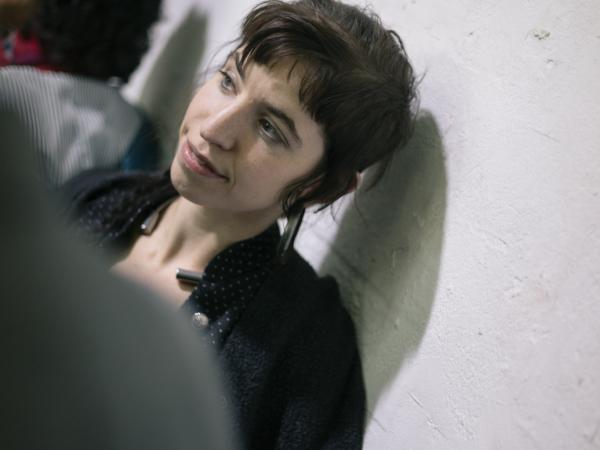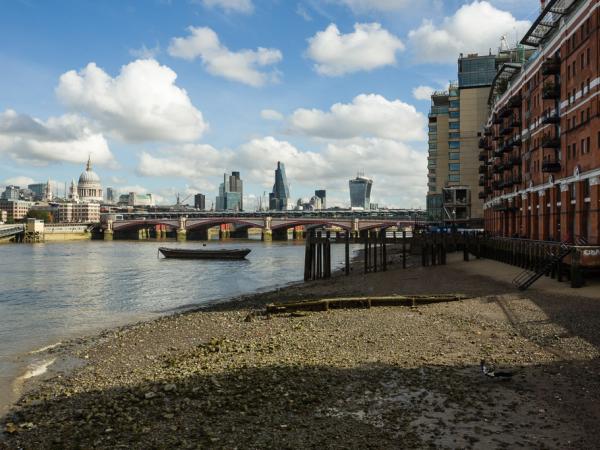Biografia
Now, what is it that prompts Noraset to re-construct the world, or, at least, the appearance of the world? Is his purpose to show a « better » version because he is dissatisfied with the existing one or is it the expression of a will to dominate and master it?
More likely, Noraset is an idealist on a spiritual quest. Looking for the essential truth, he attempts to go beyond the obvious by demonstrating that the image one is confronted with is not necessarily a representation of the reality one sees.
Building upon Platonicism, Hinduism and Buddhism, this leads us to wonder what is THE reality and whether, half way in-between or beyond the one we see and the one we may conceive, there might be a third one, essential, that we cannot apprehend. To paraphrase today’s IT-influenced terminology, what you see, in Noraset’s installations, is NOT what you get or, rather, what you get is NOT what you see. The reality we see is an illusion of the reality as filmed by static machines or moving robots, yet, on monitor, it appears more real than the actual/factual reality. The robots or machines designed to help us see reality, or any of its avatars, are they better equipped because they are mechanical devices? Or is reality a non-factual element that, on the contrary, is more easily accessible through/because of the imperfection/bias inherent to our vision or capacity to see?
Noraset’s work, with its multiple facets and possible readings, appears to reflect accurately his personality – rich, complex and paradoxical. The screens, traps and other deceiving devices may be there to protect himself from revealing too much. Yet, there is an evident wish to communicate (as in "Dialogue" or "Sorry", for instance) although seldom or never directly. When he shows his living space and invites people into it, Noraset accumulates signs of his presence but avoids to be there...Is it because of his modest and reserved nature or because he has understood that the real power is elsewhere, backstage, behind the scene, behind the seen?
Jacques Carrio
Geneva, December 2008






